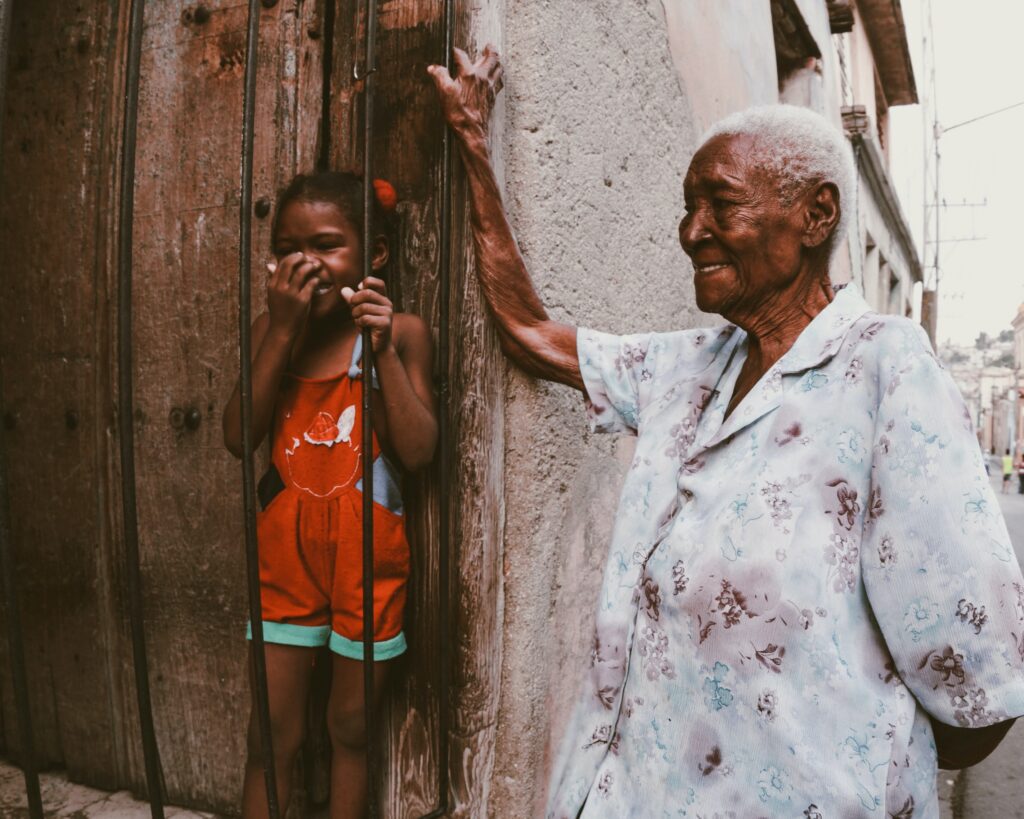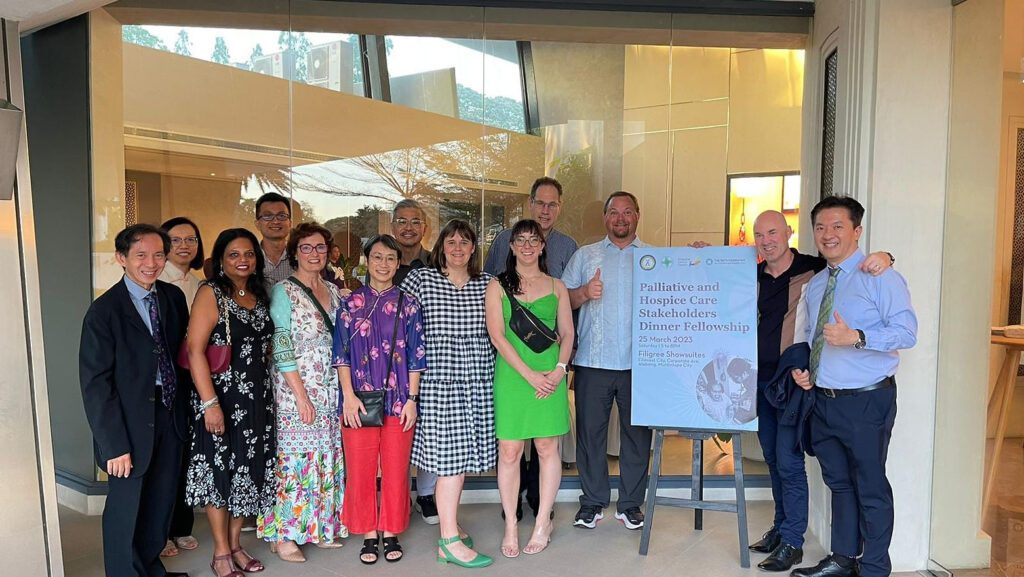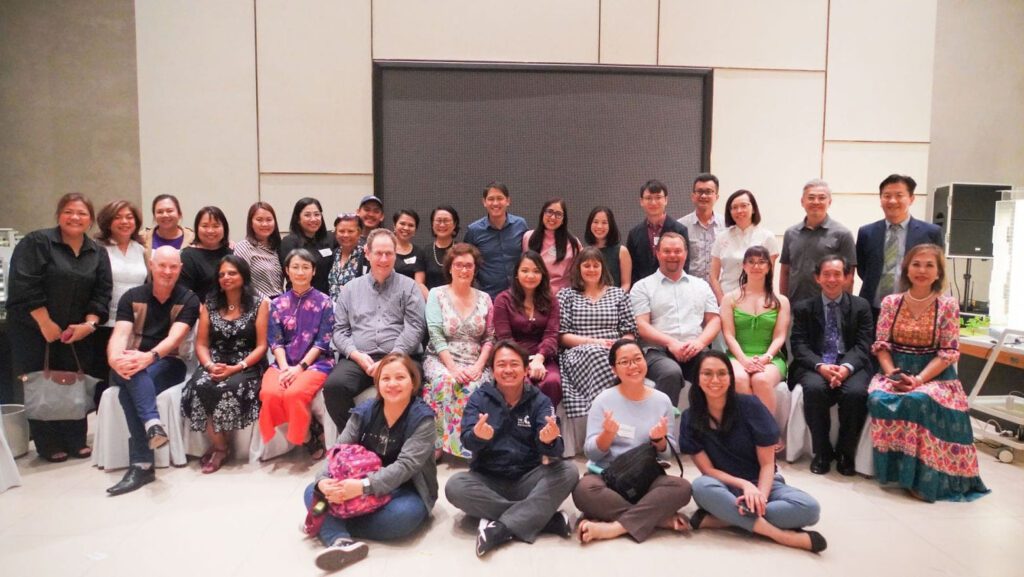IN PROGRESS
Growing and expanding the nascent network of care


[In progress]
[In progress]

Since 2015, the Philippines has developed a national policy on palliative and hospice care. The passing of the National Integrated Cancer Control Act (NICCA) and the Universal Health Care (UHC) Law in 2019 also ensures all Filipinos have the right to palliative and hospice care. Although interest in palliative medicine is growing, most parts of the vast archipelago have no palliative and hospice care programmes. There are currently less than 60 palliative medicine specialists throughout the country, serving a population of more than 115 million people.
The Ruth Foundation for Palliative and Hospice Care has invited Lien Collab to assist in training and development, focusing on strengthening content, training standards, and methods such as our Train-the-Trainers programme to mentor program leaders in regional hospitals and cancer centers throughout the country. We are currently assessing the feasibility of starting a programme and working with Dr Rumalie Corvera, chief executive officer of the foundation, to review the state of palliative care in the country and scope out an action plan.

The programme’s country lead is:
A/Prof Ghauri Aggarwal (Australia)
A/Prof Patricia Neo Soek Hui (Singapore)

A decade-long effort has helped palliative care take root for good

Building and tailoring palliative care services for the landlocked kingdom

Our largest efforts in palliative care training to date

Growing palliative care access in the world’s most populous country

Exploring ways to bring relief to a challenging healthcare system

Our pioneering programme is now independently run by local volunteers

Planting the seeds of palliative care in the largest state of Malaysia

A seed has grown into a system and more

Taking the first steps to introducing palliative care
APHN Secretariat
c/o Division of Supportive & Palliative Care National Cancer Centre Singapore
30 Hospital Boulevard
Singapore 168583
Lien Collaborative for Palliative Care (Lien Collab) draws on philanthropy, health institutions, palliative care service providers, individuals and more to strengthen leadership and capacity in bringing pain relief to all.